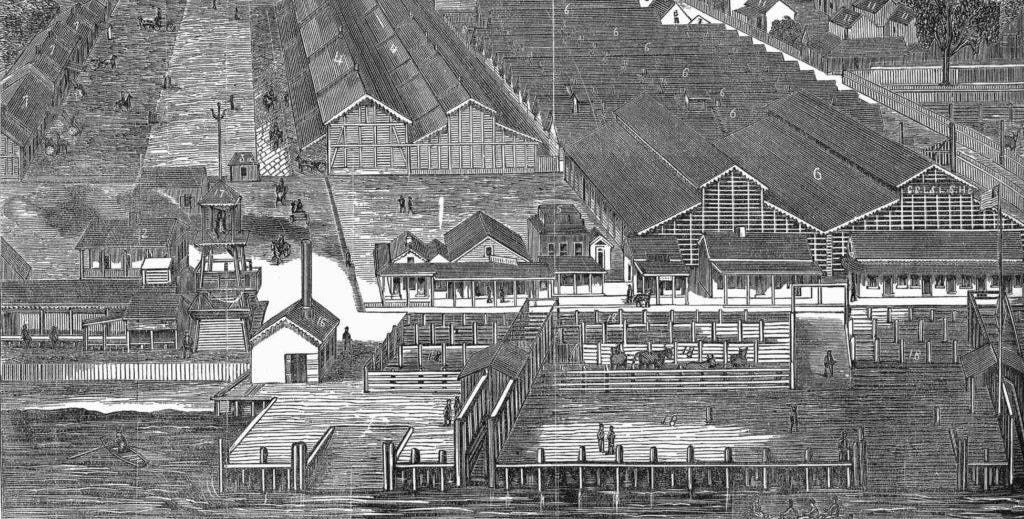Editor's Note: Today's article is paywalled, as a thank you to my paid subscribers (and as an invitation to join them, of course - I love doing this but it’s an investment of both time and money). Long time subscribers know that I'll post one or two such every month. Fret not, new subscribers, the large majority of what I publish will continue to be free.
What's behind the wall? A look at what a hundred-fifty year old Supreme Court case about a state-mandated monopoly on running a slaughterhouse in Louisiana have to do with modern gun rights and other individual liberties.
The Fourteenth Amendment, which in tandem with the Thirteenth (which abolished slavery) is as consequential and important as the Bill of Rights itself, has been given the back of the hand almost from its inception. By the Feds, by states, and by the Court itself.
First, the last. The Court rather promptly gutted a major part of 14A (the Privileges and Immunities Clause), which extended (or "incorporated") the rights protected by the Constitution (see: Amendments 1 thru 10) into the states themselves. That is to say, "Congress shall make no law... abridging the freedom of speech" means that state legislatures can't do so, either. 14A served to nullify the antebellum Black Codes and the Dred Scott decision that denied blacks citizenship, but also restricted states' abilities to curtail citizens' rights.
That is...
Article IV, Section 2:
The Citizens of each State shall be entitled to all Privileges and Immunities of Citizens in the several States
which applied to federal law, became effective for state law via
Fourteenth Amendment, Section 1:
No State shall make or enforce any law which shall abridge the privileges or immunities of citizens of the United States; nor shall any State deprive any person of life, liberty, or property, without due process of law; nor deny to any person with- in its jurisdiction the equal protection of the laws.
In one of the worst decisions in its history, the Court, in the Slaughterhouse Cases, narrowed 14A to, as Associate Justice Stephen J. Field wrote in dissent, a "vain and idle enactment." That was in 1873, a scant 5 years after 14A was enacted, and the Court has, thanks to its fealty to stare decisis, aka precedent, aka respect for previous rulings, spent the last 150 years piecemealing 14A's intent into law via an alternate means dubbed "substantive due process."
That's my layman's explanation. I'm certain that legal-educated readers could do better (or find points to correct), but you get the idea.
Now, jump with me ahead to the current century.
In 2008, the Court, in its Heller ruling, affirmed that the Second Amendment protects an individual right to "keep and bear arms." Since Washington DC is federally managed, that ruling didn't apply to the states until 2010's McDonald ruling.
Keep reading with a 7-day free trial
Subscribe to The Roots of Liberty to keep reading this post and get 7 days of free access to the full post archives.




